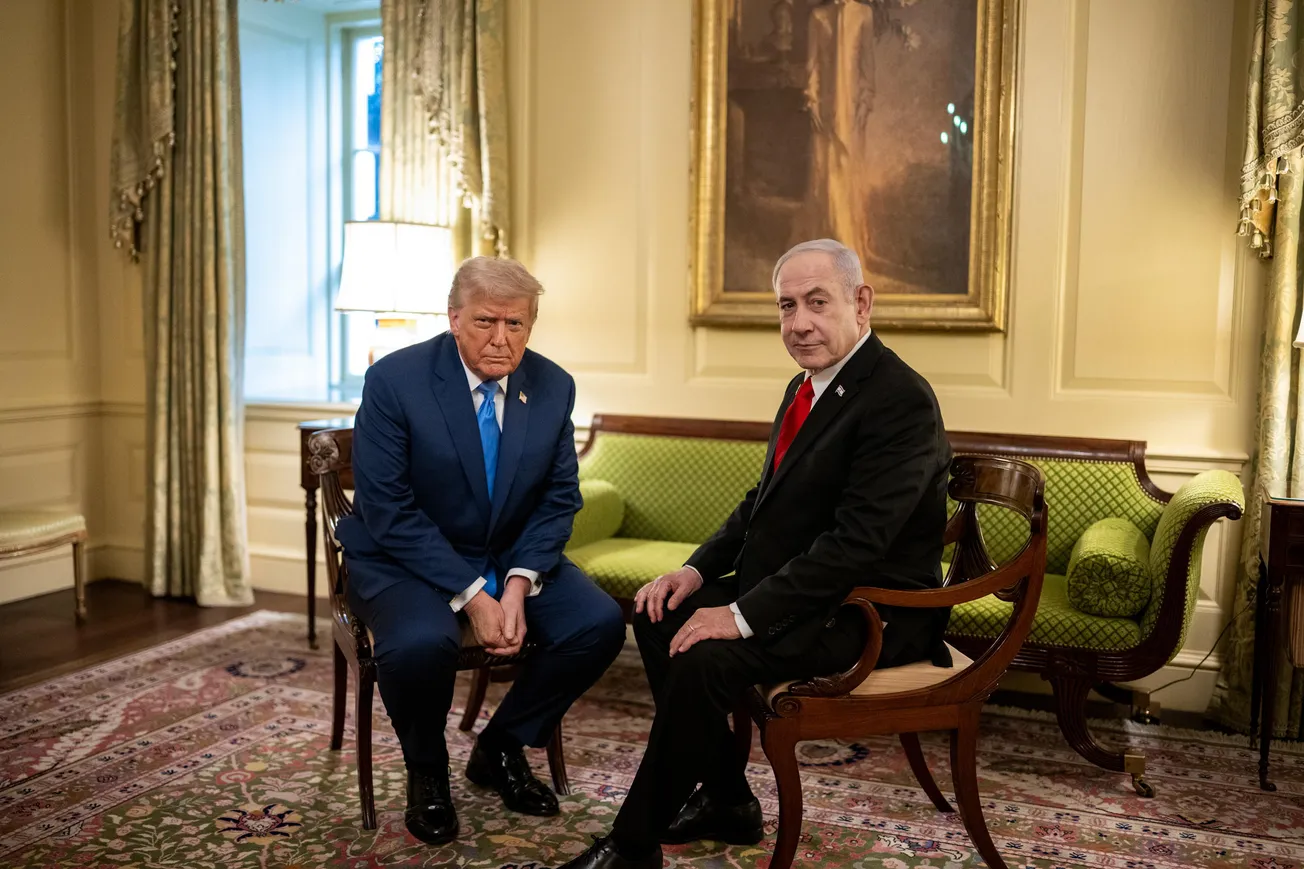Admiral Samuel Paparo, the commander of U.S. Indo-Pacific Command, has hinted that the U.S. Navy could undertake to escort Philippine ships in the South China Sea. Asked at a news conference in Manila yesterday if the U.S. military would consider escorting Philippine ships delivering food and other supplies to Filipino forces in the South China Sea, Paparo replied, “Certainly, within the context of consultations.”
“Every option between the two sovereign nations in terms of our mutual defense, escort of one vessel to the other, is an entirely reasonable option within our Mutual Defense Treaty, among this close alliance between the two of us,” Paparo said without elaborating, reported AP. Chinese ships have been blockading the resupply of Filipino forces on disputed islands in the South China Sea. Paparo’s reply implies the U.S. Navy taking the risk of a naval confrontation with China.
Philippine Armed Forces chief Gen. Romeo Brawner, Jr., who was alongside Paparo, responded cautiously, in AP’s characterization, to the suggestion, which could run afoul of Philippine laws, including a constitutional ban on foreign forces directly joining local combat operations. “The attitude of the Armed Forces of the Philippines, as dictated by the Philippine laws, is for us to first rely on ourselves,” Brawner said. “We are going to try all options, all avenues that are available to us in order for us to achieve the mission … in this case, the resupply and rotation of our troops.”
“We will then seek for other options when we are already constrained from doing it ourselves,” Brawner said.
The joint press conference followed a military conference in Manila sponsored by the U.S. at which, as AP characterizes it, China’s “increasingly assertive actions in the South China Sea” were spotlighted. Military and defense officials and diplomats from the U.S. and allied countries attended but there were no Chinese representatives. In other words, it was a China-bashing session.
AP notes that President Ferdinand Marcos Jr. has said there has been no situation so far that would warrant activating the treaty, which requires the allies to come to each other’s aid if they come under external attack.
At the Pentagon yesterday, a reporter asked spokesman Maj. Gen. Patrick Ryder if Paparo’s remarks were consistent with Secretary of Defense Lloyd Austin’s thinking. “What I would say is the Philippines remains the lead for its own operations in the South China Sea,” Ryder replied. “And so, as allies, we continue to stand with the Philippines, given especially the [People’s Republic of China] P.R.C. has consistently prevented them from executing lawful maritime operations in the South China Sea.”



